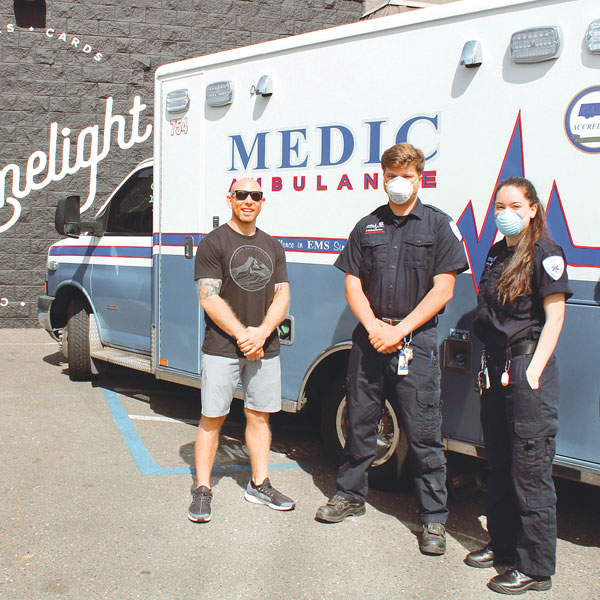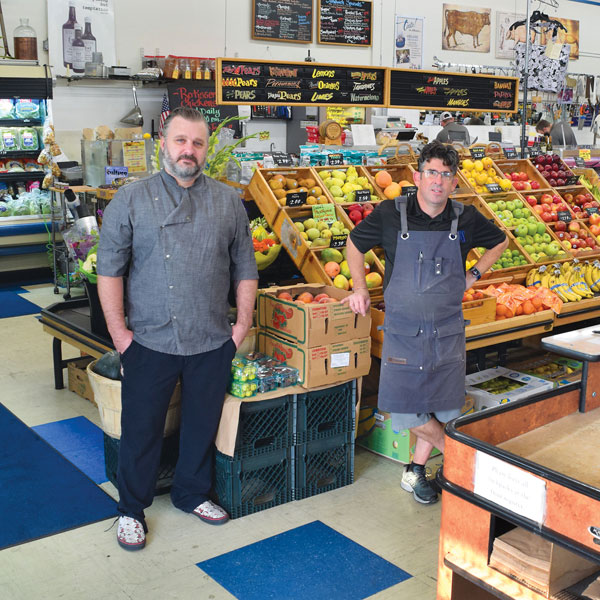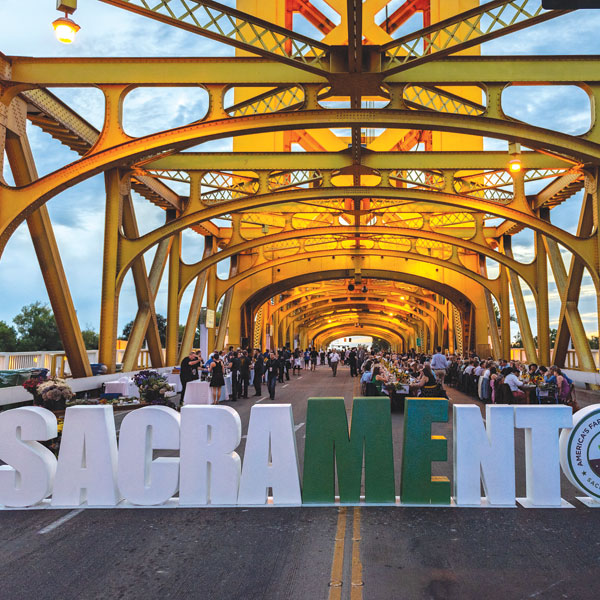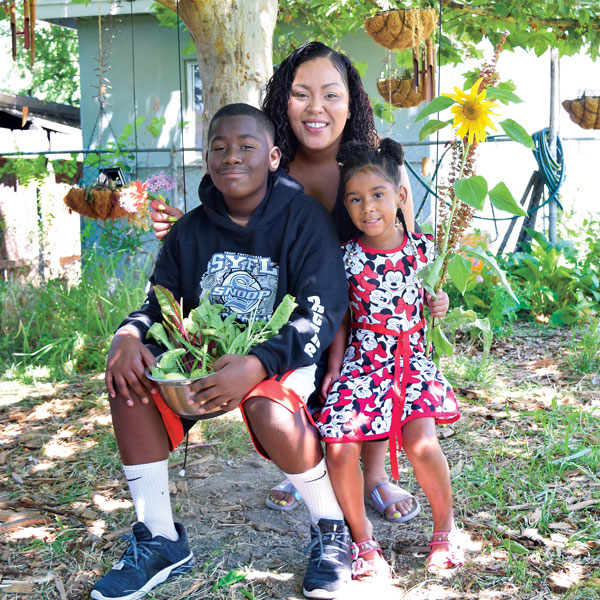
Oct 27, 2020
We are, as a city, spoiled when it comes to pizza. From the beautifully precise Neapolitan pies of Masullo to the old-fashioned beauties at Luigi’s, the New York-style grease-gorgeous slices at Giovanni’s Old World Pizzeria, the California cuisine pizzas of Zinfandel Grille, the new American masterpieces of OneSpeed Pizza and the perfect family pies of Roma II Pizzeria, all make Sacramento a pizza-pie wonderland.
Is there room, then, for newcomers to the pizza landscape? Is there space in our stomachs and hearts for new slices and squares? Of course! Why would we even ask such silly questions!

Sep 27, 2020
Fred Rogers (Mr. Rogers to you and me) was a constant source of inspiration for generations. He rarely looked away when there was strife or difficult conversations to be had, especially with children. During the Civil Rights Movement, Rogers filmed an episode featuring his African American mailman sharing a cool dip of feet with him in a wading pool. The simple gesture was a strong message during those times of unity, compassion and, of course, neighborliness.
Rogers learned a lot about dealing with difficult situations from his mother. He said, “When I was a boy and I would see scary things in the news, my mother would say to me, ‘Look for the helpers. You will always find people who are helping.’”

Sep 27, 2020
Taylor’s Market—that charming neighborhood landmark on Freeport Boulevard between Land Park and Curtis Park—has been offering the community its essential services for almost 60 years.
In the window, a red neon sign from another era touts “Old Fashion Butcher Shop.” Beside the door, a portable handwashing station stands with a paper sign reminding patrons to wear a face mask.

Aug 27, 2020
Even though this year’s annual Farm-to-Fork Festival has been canceled due to COVID-19, the harvest events, which include the Farm-to-Fork Street Festival on Capitol Mall, Legends of Wine and Tower Bridge Dinner, are set to return next September.
Since 2013, the Farm-to-Fork Street Festival has developed into a popular two-day event highlighting Sacramento’s agricultural legacy and attracting more than 155,000 residents and visitors. The free open-air jamboree features musical artists, local food vendors, regional wines, craft beer, cooking demonstrations and more.

Aug 27, 2020
With each month it becomes more difficult to see even a few weeks into the future when it comes to the restaurant scene. We’ve lost beloved favorites. Local treasures have reopened only to shut down again within weeks. Some landlords have been graciously flexible with rental and lease terms. Others have not.
It’s with confidence, though, that I say the following local institutions will still be plying their wares well after this column comes out. The humble bakery—set up for takeaway business and designed for in-home consumption—is an integral part of the community.

Jul 27, 2020
Two children gently plant strawberry seeds in a bed of soft earth while their mother waters the persimmon tree nearby. It is therapeutic, restorative, peaceful. During these uncertain times, many families have turned to their own backyards to create a haven of fruits and veggies while gaining healthy life lessons and skills.
In the backyard of their Arden-Arcade home, Shani Drake and her two children, 5-year-old Jenevieve and 12-year-old Desean, have created a vibrant plot of earth teeming with Mexicola avocados, fava beans, strawberries, elderberries, rosemary, sorrel and purple potatoes.











